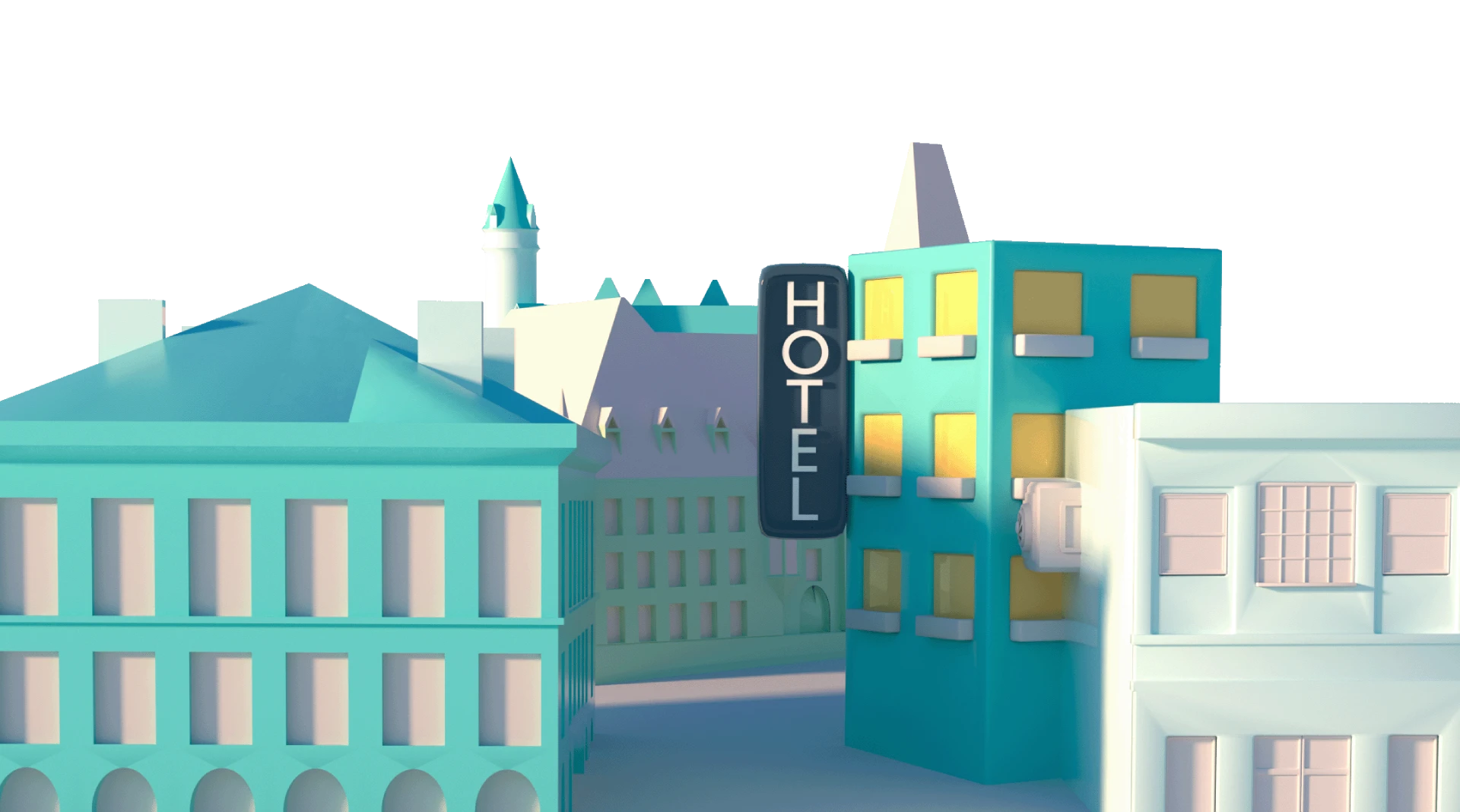Channel managers and booking engines are two hotel technologies which work together to help hotels manage their distribution channels and increase direct bookings, giving properties the tools they need to reach more guests, increase revenue, and improve their bottom line.
In this blog post, we will explore what exactly channel managers and booking engines are, the benefits of having them in place, and what is involved in the setup process.
Whether you are a hotel owner or manager, this post will provide valuable information that can help you understand how a channel manager and booking engine can improve your online presence and help you manage your hotel more efficiently.
What Is a Channel Manager and Booking Engine?
A channel manager is a software tool that helps hotels manage and distribute their room inventory across various online travel agencies (OTAs) and other booking channels. By using a channel manager, hotels can update their room rates, availability, and inventory in real time, ensuring that their guests always have access to the most up-to-date information.
A booking engine, on the other hand, is a software system integrated into a hotel’s website that enables guests to make direct bookings online. With a booking engine, guests can quickly and easily find the room they want, select their preferred dates, and make a reservation with just a few clicks.
How to Set Up a Channel Manager
Setting up a channel manager typically involves the following steps:
Integrating with your property management system (PMS): Your channel manager should be able to integrate with your PMS, which is the system you use to manage your hotel’s room rates, availability, and inventory. This integration will allow the channel manager to automatically update your information in real time across all connected channels.
Connecting to distribution channels: The next step is to connect your channel manager to various distribution channels, such as online travel agencies (OTAs), global distribution systems (GDSs), and other booking channels. This will allow your hotel’s room inventory to be displayed and available for booking on these channels.
Setting up rate plans: Once your channel manager is connected to your PMS and distribution channels, you can start setting up rate plans. This involves defining your room rates, availability, and inventory rules, and mapping these to the various channels.
Configuring channel-specific settings: Some channels may have specific requirements, such as how rates are displayed or what information is required for a booking. Your channel manager should allow you to configure these channel-specific settings and ensure that your hotel’s information is displayed correctly on each channel.
Monitoring and updating: Once your channel manager is live, you will need to regularly monitor and update your information to ensure that your guests always have access to the most up-to-date information. This will help you maximize your revenue and ensure a positive guest experience.
How to Set Up a Booking Engine
These are some steps followed in setting up a booking engine:
Connect the booking engine to your PMS: This enables real-time updates of room availability and pricing across multiple distribution channels, allowing hotels to manage their inventory more effectively.
Setting up the booking process: The next step is to set up the booking process. This involves defining the steps that guests will go through to make a booking, including selecting a room, entering personal information, and making payment. Your booking engine should provide customization options to allow you to create a unique and personalized booking experience for your guests.
Customizing the look and feel: Once the booking process is set up, you will need to customize the look and feel of your booking engine to match your hotel’s branding and style. This may involve adding images, logos, and customizing the color scheme and font choices.
Integrating with payment gateways: To accept payments from your guests, you will need to integrate your booking engine with a payment gateway. This will allow you to securely process payments and ensure that your guests’ personal and financial information is protected.
Updating information: This is important to keep your guests informed about your room categories, prices, and special offers.
In conclusion, having a channel manager and booking engine is essential for you to maximize your hotel’s online visibility and revenue.
Need help with your channel manager or booking engine?
Ähnliche Artikel
How to use OTA Data Insights for Hotel Marketing Success
Online Travel Agencies (OTAs) have become an essential part of hotels revenue strategies, serving as digital channels that link hotels with global potential guests. Platforms like Booking.com, Expedia, and Airbnb provide vast exposure and act as a gauge for guest...
Measuring SEO Success: Analytics for Hotels Websites
In the fiercely competitive hospitality industry, a hotel's digital presence via its website is crucial. Search Engine Optimization (SEO) is not just a trendy term; it is an indispensable strategy for drawing potential guests and encouraging direct bookings. For...
Attracting the Green Traveler This Spring
In recent years, sustainable travel has evolved from a niche interest into a mainstream demand, with a noticeable increase in eco-conscious travelers seeking accommodations that reflect their environmental values. For independent hotel owners, this trend presents a...
Erhalten Sie ein kostenloses Sofortangebot

Lassen Sie uns
zusammenarbeiten
Unsere Expertise
Unsere Lösungen
Die Komplettlösung
Die Essenzielle Lösung
Die Get Connected Lösung
Mehr erfahren

